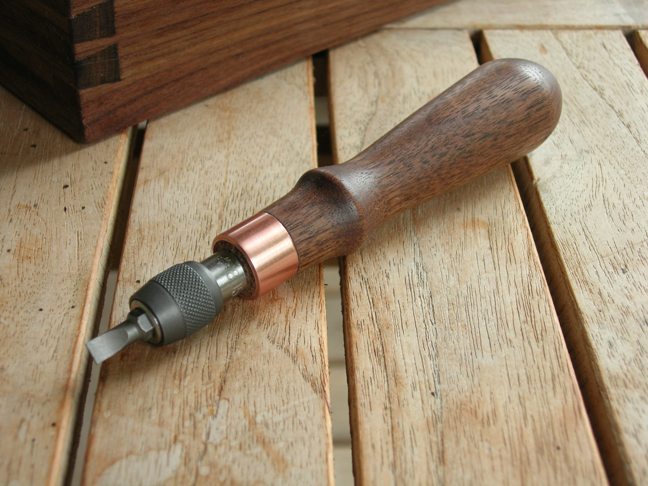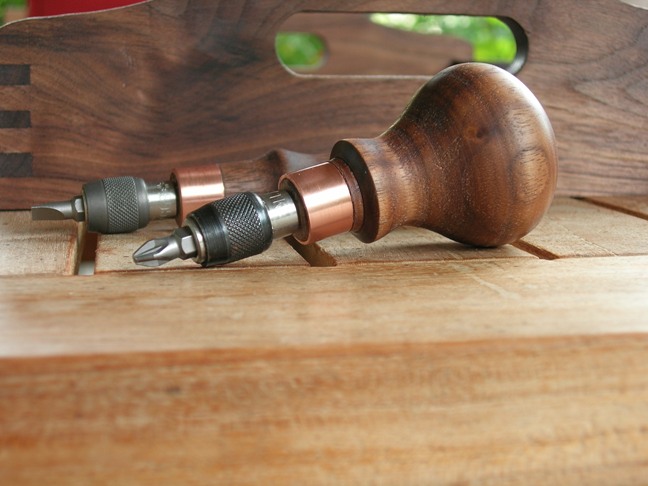MarcW
Established Member
Hi all,
Having in mind now for over a year to dive in turning, because, mainly making furniture, it is sometimes useful to make a handle or a knob or... I decided buying a small jet wood lathe, the JML 1014 model, maybe with the bed extension, don't know yet. That's definitely my problem, not being aware of what I need. So that's why I ask you, esteemed wood turners, which accessories and tools do I need to get started? What is the minimal equipment without I can't start? Which turning tools? Which chuck, if so? My aim at the beginning is certainly long grain turning. Sharpening can be put aside, I'm well equipped on this side.
Thank you much in advance,
Having in mind now for over a year to dive in turning, because, mainly making furniture, it is sometimes useful to make a handle or a knob or... I decided buying a small jet wood lathe, the JML 1014 model, maybe with the bed extension, don't know yet. That's definitely my problem, not being aware of what I need. So that's why I ask you, esteemed wood turners, which accessories and tools do I need to get started? What is the minimal equipment without I can't start? Which turning tools? Which chuck, if so? My aim at the beginning is certainly long grain turning. Sharpening can be put aside, I'm well equipped on this side.
Thank you much in advance,



































